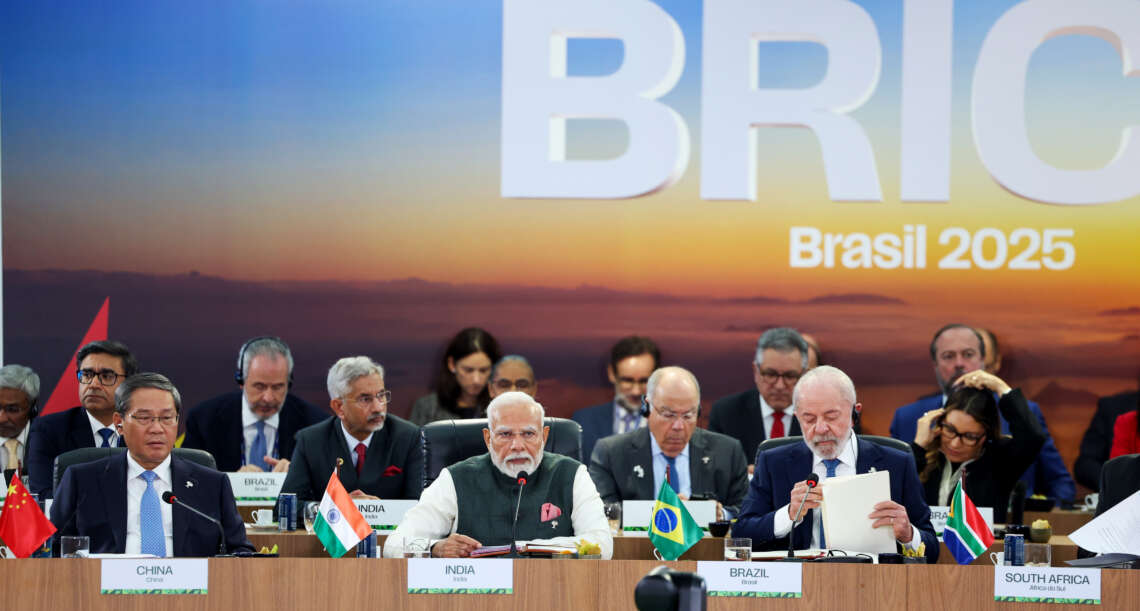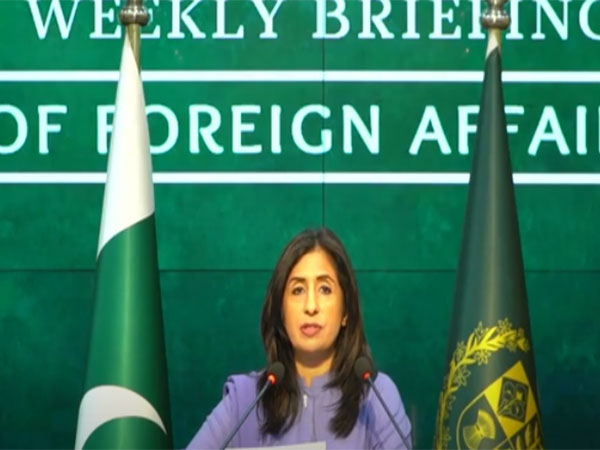These episodes pose varying degrees of credit risks depending on the sector, size of the company and its relationship with the customers…reports Asian Lite News
Cyberattackers allegedly stole 300 million South African rand (about 16.6 million US dollars) from the Department of Public Works and Infrastructure over the past 10 years, Minister Dean Macpherson said Wednesday.
The amount could be more as investigations continue, Macpherson said in a statement.
According to him, in May this year, cyber criminals have stolen 24 million rand from the department.
The minister said he has asked the South African Police Service, State Security Agency as well as experts in the information and communications technology and cybersecurity industry to investigate the matter.
“It has become clear that the department has been a soft target and playground for cyber criminals for over a 10-year period and this should have been picked up a lot earlier,” Macpherson said, adding that those responsible for protecting the department from cyber criminals must be held accountable.
Four officials from the department, including three senior management officials and one middle management official, have been suspended, and 30 laptops have been seized by the investigators. “The cyber theft forced the department to shut down its payment system, thereby delaying paying its creditors,” said Macpherson.
The investigation will be expanded and deepened to find the masterminds and the beneficiaries of this grand theft, Macpherson said.
Meanwhile, the reputational risk from cyberattacks is rising for many companies globally, as episodes have become more publicised, Moody’s Investors Service said on Friday.
These episodes pose varying degrees of credit risks depending on the sector, size of the company and its relationship with the customers.
“Companies whose customers can easily switch to a competitor or whose business activities rely more heavily on trust are more exposed to reputational risk stemming from cyberattacks,” Moody’s said in a report.
“These risks are growing because of increased disclosure of attacks, both from cybercriminals, who are increasingly identifying the organisations they attack, and from more stringent disclosure requirements put in place around cyber events. Cyber resiliency planning and crisis management actions are essential components to mitigate the risks,” it said.
According to the report, increased disclosure is contributing to rising reputational concerns.
“In the past, many companies avoided disclosing cyber incidents, fearing such disclosures could invite further attacks or damage their reputation. However, cybercriminals are now publicly identifying the companies they attack, and new laws and regulations are requiring companies to notify the customers and stakeholders whenever data is compromised,” the report said.
“The increased disclosure is allowing customers to learn more about a company’s cyber track record and to factor cybersecurity into their business decisions,” it added.
As per the report, reputational damage brings higher costs and can weaken revenue.
“Damaged reputations can result in increases in the cost of capital, regulatory costs and additional costs for attracting and hiring talent. Companies with damaged reputations may also lose the support of customers, investors and other counterparties, causing a reduction in revenue,” the report elaborated.
Besides, the report cited that companies with lower customer bargaining power or confidence-sensitive business models have more exposure to cyber-related reputational risks.
“The effects vary, with acute financial consequences for some companies and little or no impact for others. Companies can employ various strategies to reduce customer churn and limit reputational harm, although these strategies can be expensive or frustrate customers,” the report suggested.
“Healthcare and financial institutions are particularly at risk because of the sensitive data customers entrust to them, and the relative ease in switching providers,” it said.
ALSO READ-Sahel region junta chiefs mark divorce from West African bloc














